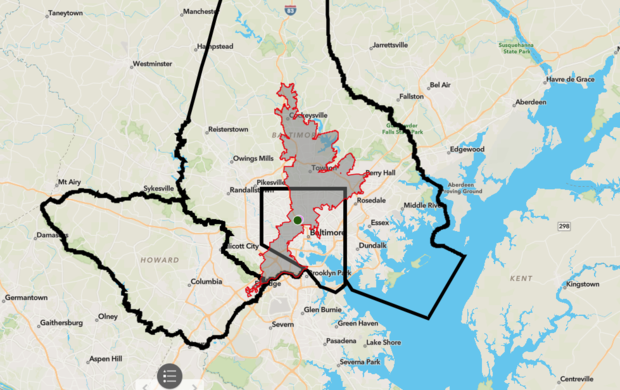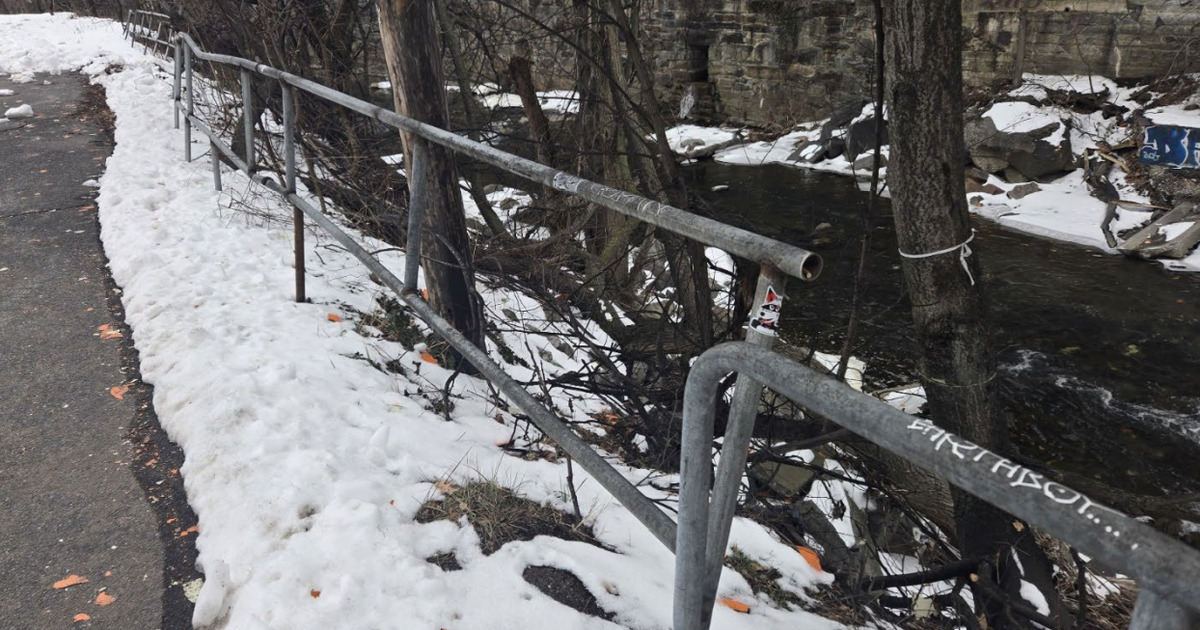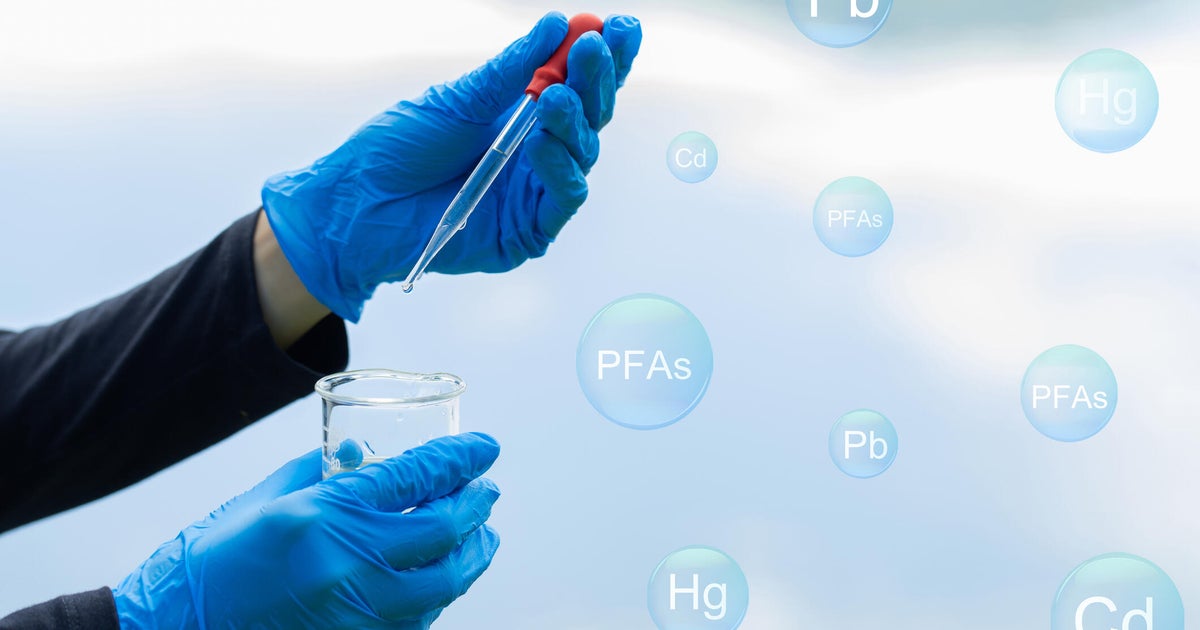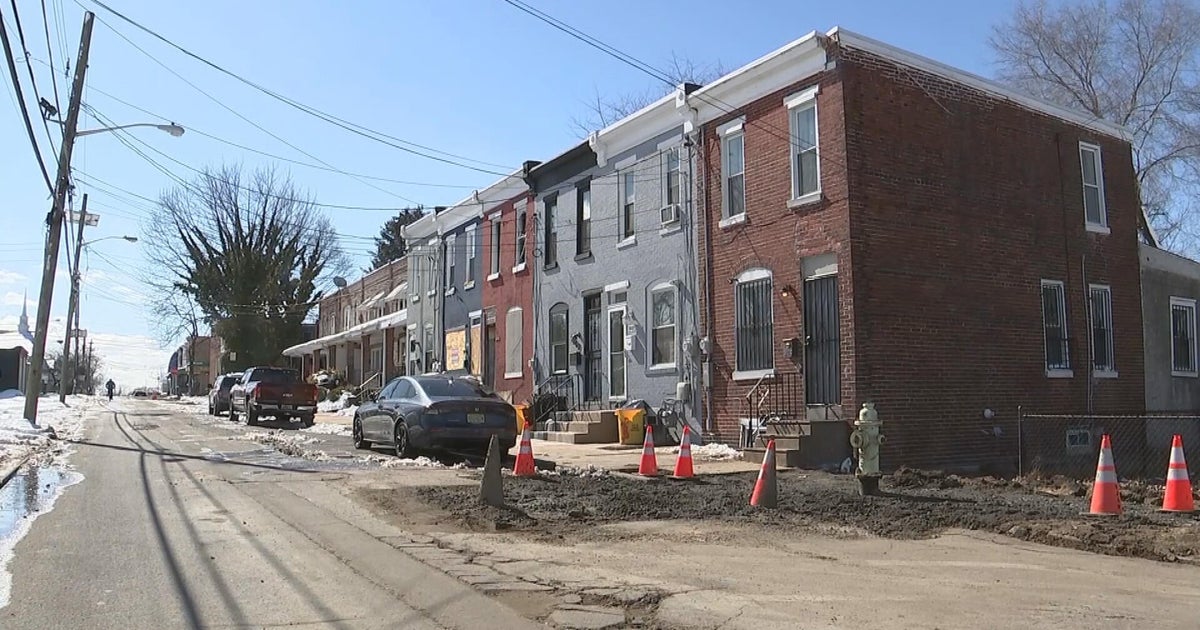Updated test results on parasite in Baltimore-area drinking water anticipated
BALTIMORE -- Baltimore's Department of Public Works announced on Tuesday evening that its latest water test came back negative for a microscopic parasite, which was detected in a reservoir last week.
Low levels of Cryptosporidium were found during routine testing of Druid Lake Reservoir, the DPW said last week, meaning the drinking water could sicken some vulnerable populations in parts of Baltimore, Baltimore County and Howard County.
The agency said it does water testing monthly and August testing showed no signs of Cryptosporidium. The parasite-positive samples were collected on September 19, and the results of the test came back on Tuesday, September 26.
Cryptosporidium is extremely chlorine tolerant, the agency said, so secondary treatment is unlikely to reduce its levels.
More frequent sampling for the parasite is being done at Baltimore's finished water reservoirs until it is not detected, the DPW said.
City leaders said updated results could come back as early as Tuesday, and could come with updated recommendations.
The parasite Cryptosporidium could potentially cause gastrointestinal problems in those who are immunocompromised, elderly, or children, officials said. Those populations are advised to take precautions like boiling their drinking water.
Dr. Tamar Green from the Baltimore City Health Department said that the risk has been determined to be low based on data from DPW.
What area is impacted?
Residents can use this Interactive Map to determine if they live in an impacted area.
The impacted area includes much of and west and north Baltimore City, as well as the Towson, Parkville and Cockeysville areas. In Howard County, parts of Elkridge may be affected.
The area within the red line of this image from the interactive map is impacted:
Am I safe?
The DPW said the levels of Cryptosporidium detected "indicate a low risk for the general population," meaning the water is safe to drink for most people.
Vulnerable populations should consider taking precautions. Those populations include:
- Those with inherited diseases that affect the immune system
- Those with HIV/AIDS
- Cancer and transplant patients who are taking certain immunosuppressive drugs
- Elderly people
- Children
What should I do?
Those who may be part of a vulnerable or sensitive population are advised to:
- Drink bottled water
- Boil water for one minute before consuming
- Filter tap water using a filter labeled to ANSI/NSF 53 or 58 standards, or a filter designed to remove objects 1 micron or larger. These may be labeled "absolute 1 micron." (i.e., not Brita-type filters)








